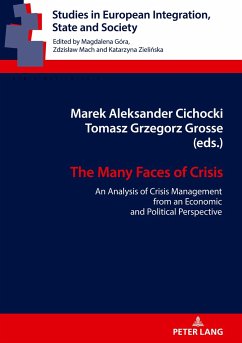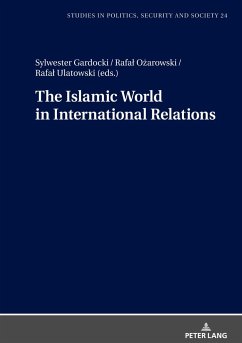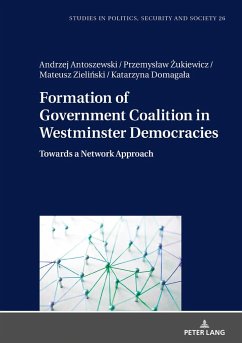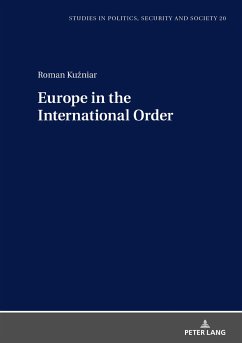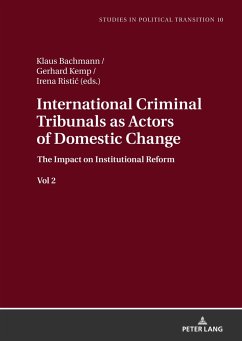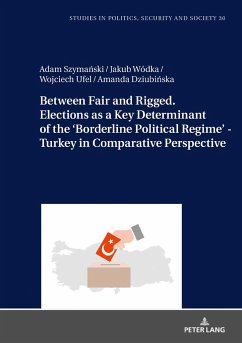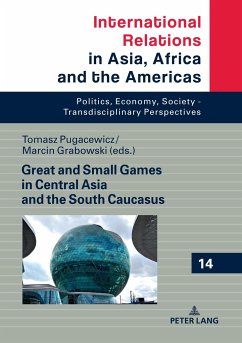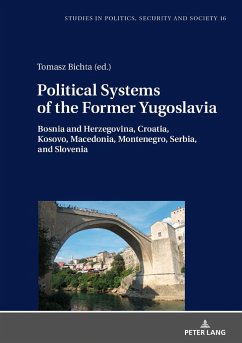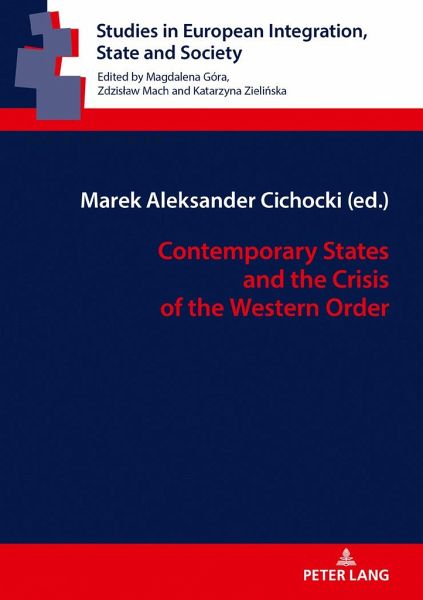
Contemporary States and the Crisis of the Western Order
Versandkostenfrei!
Versandfertig in 6-10 Tagen
71,30 €
inkl. MwSt.

PAYBACK Punkte
0 °P sammeln!
The current crisis of the international order cannot be referred only to the liberal concept of globalisation. It is also a crisis of a certain model and ideas of order, which - as a result of the financial and migration crisis in Europe - were invalidated by reality and must be reconsidered.The aim of this book is to present how contemporary European states attempt to be active actors, responding to the crisis of the international order, in divergent and sometimes contradictory ways. This phenomenon inevitably leads to the undermining of many existing cooperation mechanisms, but on the other ...
The current crisis of the international order cannot be referred only to the liberal concept of globalisation. It is also a crisis of a certain model and ideas of order, which - as a result of the financial and migration crisis in Europe - were invalidated by reality and must be reconsidered.
The aim of this book is to present how contemporary European states attempt to be active actors, responding to the crisis of the international order, in divergent and sometimes contradictory ways. This phenomenon inevitably leads to the undermining of many existing cooperation mechanisms, but on the other hand, it also reveals the limitations in terms of the state actions.
The aim of this book is to present how contemporary European states attempt to be active actors, responding to the crisis of the international order, in divergent and sometimes contradictory ways. This phenomenon inevitably leads to the undermining of many existing cooperation mechanisms, but on the other hand, it also reveals the limitations in terms of the state actions.





